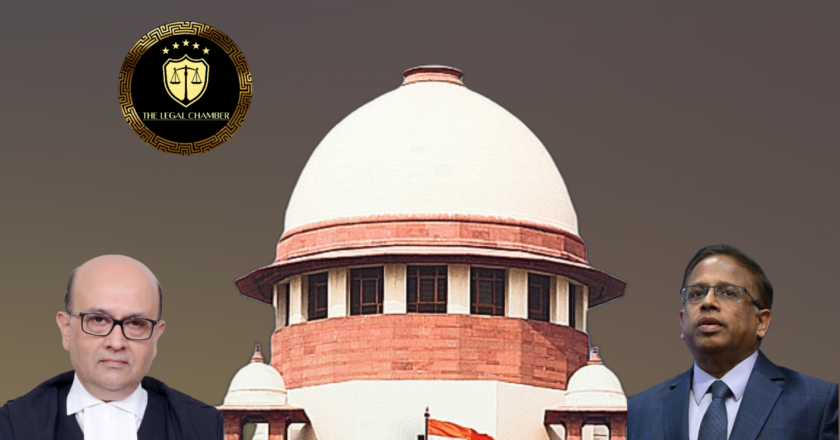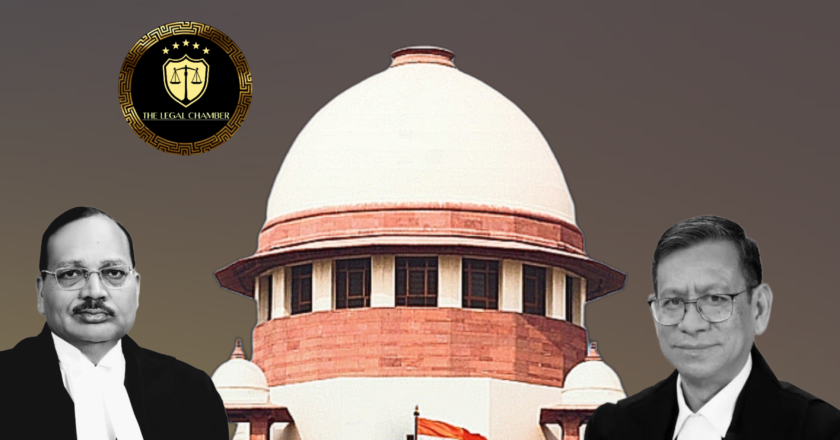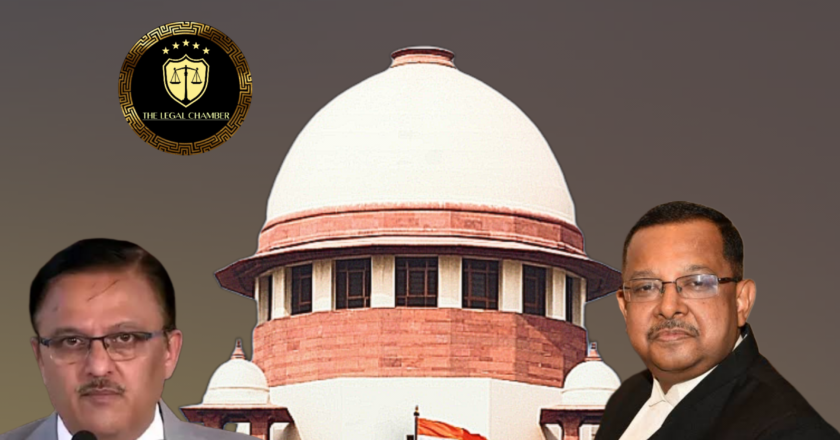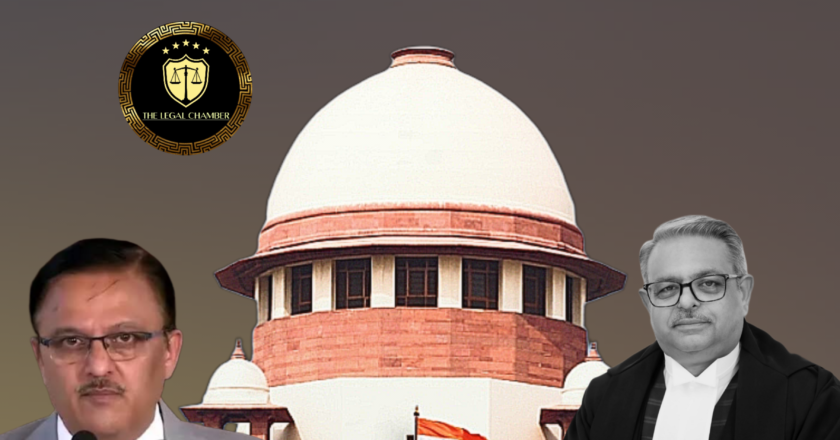Supreme Court: Company Balance Sheets Can Reset Limitation Clock for Creditors Under IBC
The Supreme Court held that entries in a company’s balance sheet, when read in the context of surrounding circumstances and previous financial statements, can constitute a valid acknowledgment of debt under Section 18 of the Limitation Act, 1963, thereby extending the limitation period for filing an application under Section 7 of the IBC. The Court clarified that the exclusion period under its COVID-19 limitation order applied from 15.03.2020 to 28.02.2022, making the application timely.
Facts Of The Case:
The appellant, IL & FS Financial Services Ltd., extended a term loan of ₹30 crores to the respondent, Adhunik Meghalaya Steels Pvt. Ltd., on 27.02.2015, secured by a pledge of shares. The respondent's account was declared a Non-Performing Asset (NPA) on 01.03.2018. The appellant fi...









